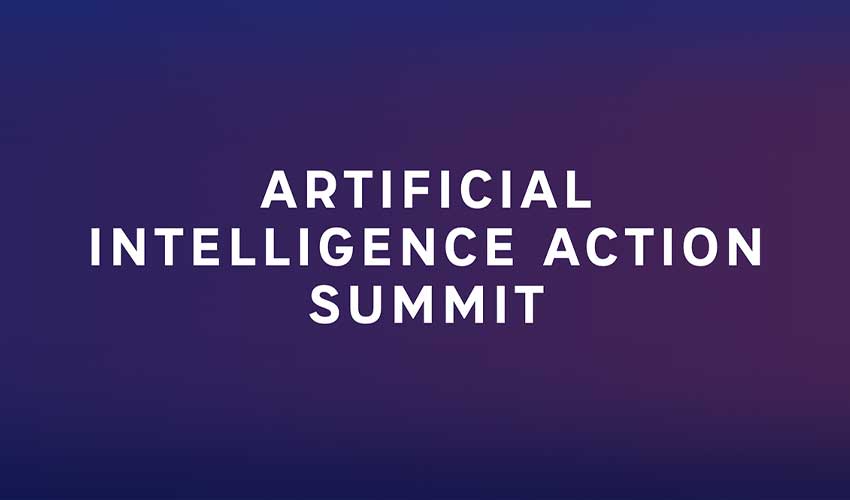Next week, all eyes are on Paris to see if the U.S. administration under President Donald Trump can find common ground with China and nearly 100 other nations on the safe development of Artificial Intelligence (AI).
A year after world powers considered the risks of AI in Bletchley Park, England, a wider range of countries are gathering in Paris to discuss leveraging this technology.
France, keen to promote its national industry, is hosting the AI Action Summit alongside India on February 10 and 11, focusing on areas where Europe’s second-largest economy has a competitive advantage such as open-source systems and clean energy to power data centers.
Discussions will also address labor disruptions and the promotion of sovereignty in a global AI market.
Top executives from Alphabet, Microsoft, and dozens of other companies are expected to attend. Government leaders will dine with select CEOs, and talks will include a session by Sam Altman, CEO of OpenAI, the maker of ChatGPT.
It remains unclear whether the U.S. will reach a consensus with other nations on AI.
Since taking office on January 20, President Trump has revoked former President Joe Biden’s 2023 executive order on AI, initiated a repeat withdrawal from the Paris Climate Agreement, and faced calls from Congress to consider new export controls on AI chips to counter China.
U.S. Vice President JD Vance will attend for the American delegation.
A non-binding communiqué of principles for the stewardship of AI, involving signatures from the U.S., China, and others, is under negotiation and would be a significant achievement if reached.
The French presidency has emphasized that the summit will give voice to countries around the world, not only the U.S. and China.
“We are showing that AI is here, companies must adopt it, and it is a vector of competitiveness for France and Europe,” an Élysée official said.
No New AI Regulations Previous global AI summits in Bletchley Park and Seoul focused on safety commitments, but creating new regulations will not be on the agenda in Paris.
Europe, especially France, has struggled with red tape and is eager to discuss AI policy frameworks without imposing rules that could stifle innovation.
A likely outcome of the summit is that philanthropies and businesses will commit an initial $500 million in capital, rising to $2.5 billion over five years, to fund public-interest AI projects globally.
Another focus is addressing the energy crunch expected from power-hungry AI models. France aims to reconcile global climate and AI ambitions using its nuclear energy resources.



